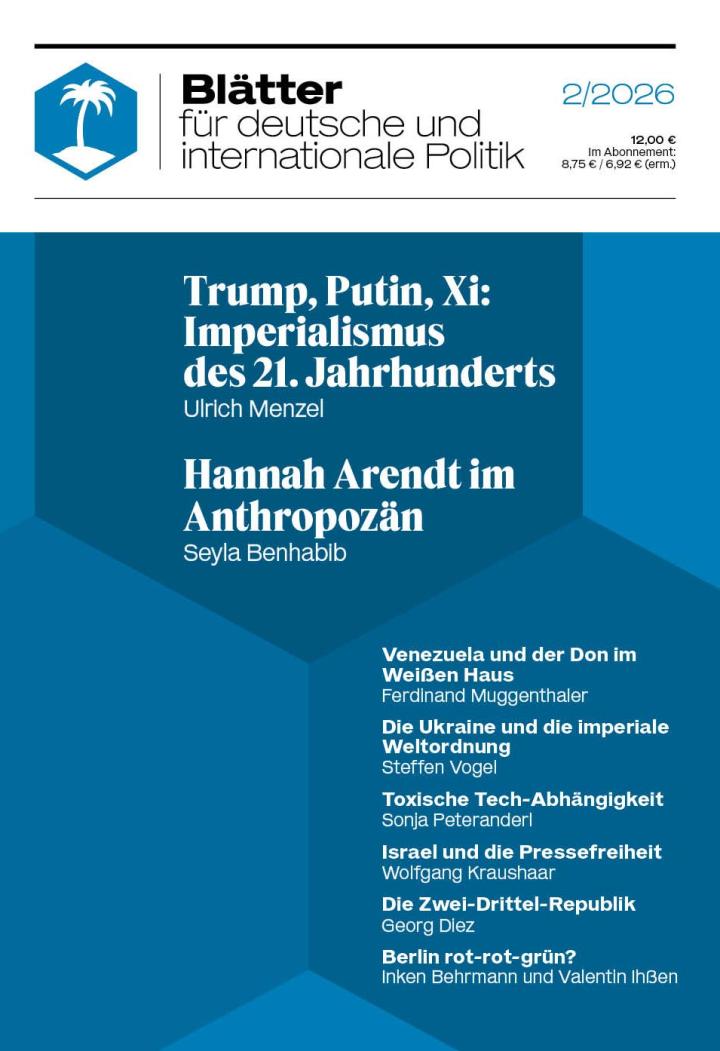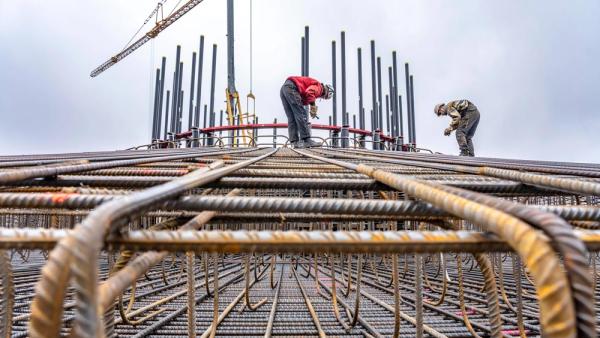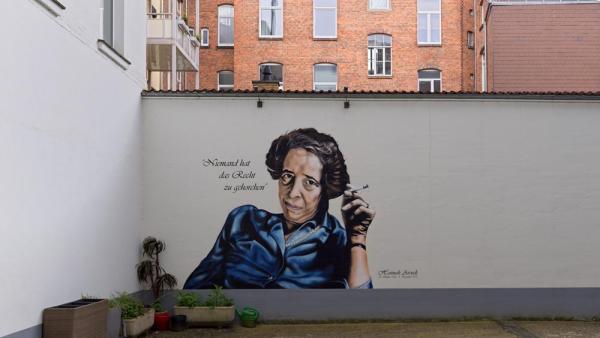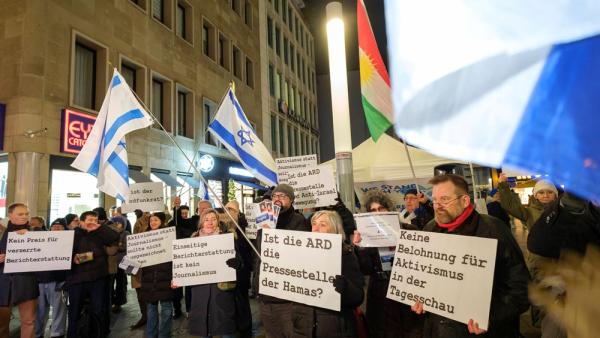National History, Democracy, and Internationalization in Germany
George Santayana's famous aphorism, "those who cannot remember the past are condemned to repeat it", captures something important about the relationship between learning from the past and political action. Yet it is contestable. What he might have said - though it would have been less lapidary, and therefore perhaps none of us would now know it - is "those who study history, may learn from it, and may therefore be less likely to repeat its darkest chapters." If I understand the Blätter correctly, then it is this non-aphoristic formulation that informs its members' thinking.
I share this view and wish to use this occasion to discuss facets of the learning of history and of -democracy in the Federal Republic, and to suggest that the success of each are related.
How does one learn from history? How does a nation learn from history? Whatever eise is necessary, an accurate and properly interpreted history has to be available. This requires that certain proclivities in the writing of history, and here I speak specifically of national history, must be resisted, or more likely, counteracted.
By national history I do not mean here just the history of a given country or nation. I refer to the dominant framework for understanding that history. This is not confined to or necessarily governed by how academic history is written, though it may include that.









